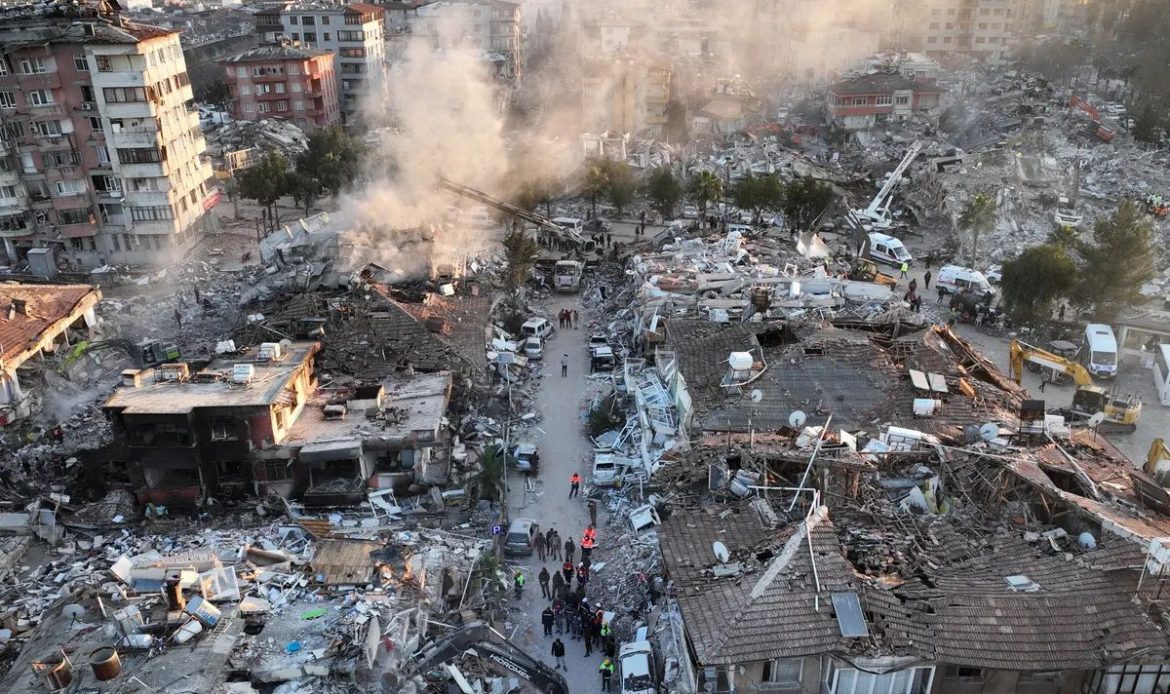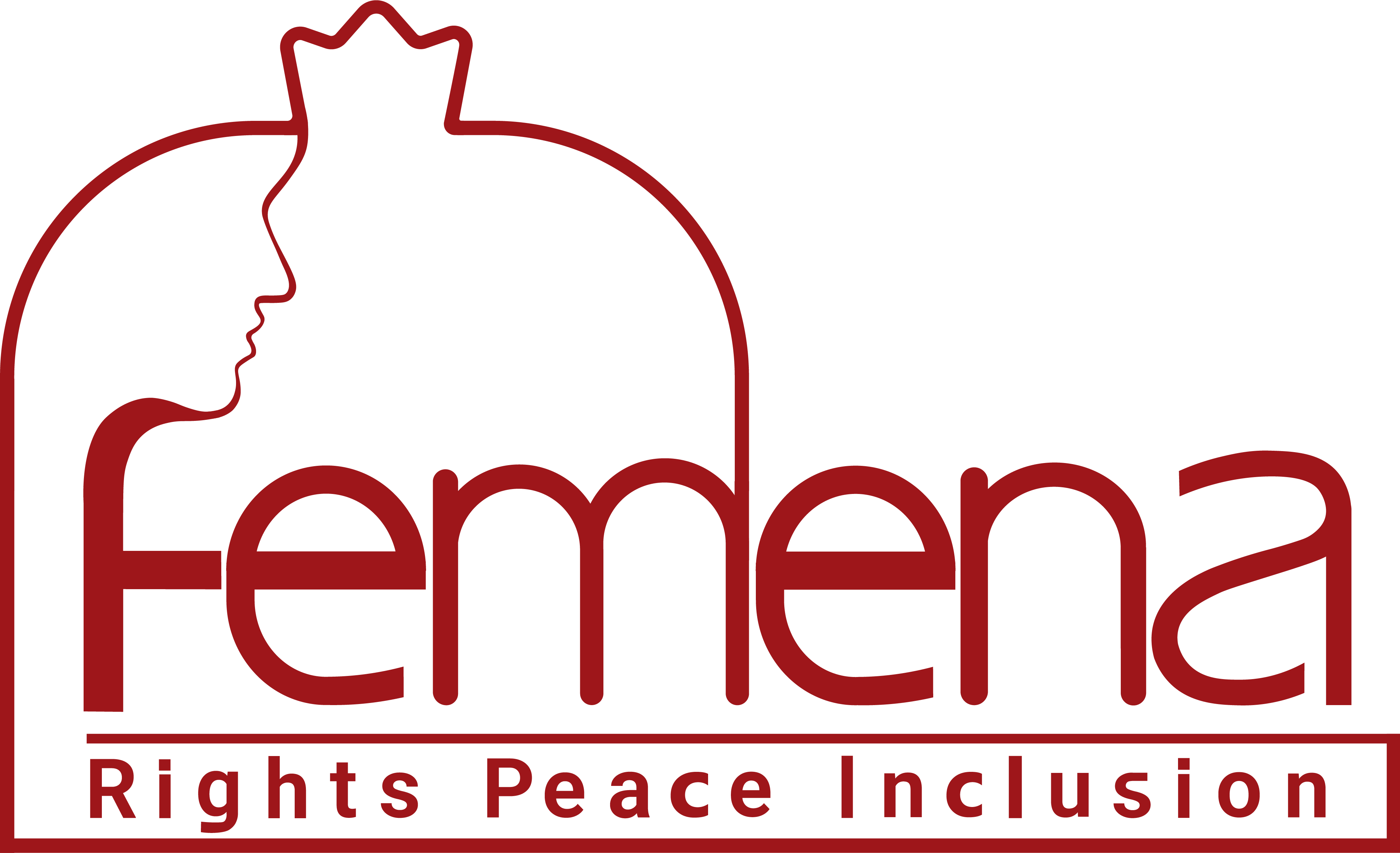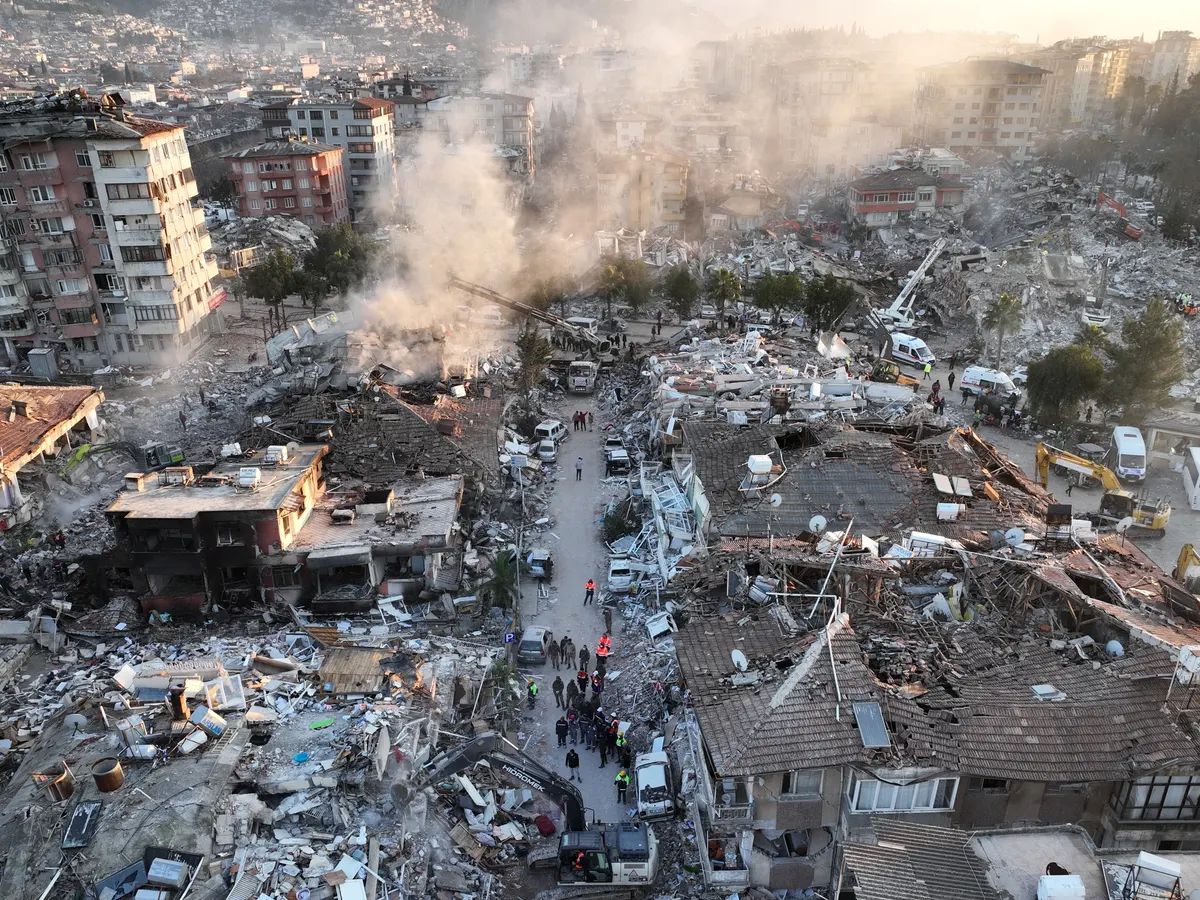
More than 41000 people are reported to have been killed and thousands more injured following two major earthquakes in Turkey and Syria. The first, a 7.8 magnitude earthquake struck in the early hours of February 6, 2023 and was followed a few hours later by a 7.5 magnitude earthquake.
The death toll in Turkey and Syria is climbing quickly in the world’s deadliest earthquake disaster in more than a decade. Many families are still trapped under the rubble waiting for rescue teams. Local hospitals, roads and bridges have also been badly damaged. Thousands of people’s homes have been destroyed and more than 298000 families have left their homes after announcing that their buildings and homes were cracked and at risk of collapse. These families are now living in their cars, in the streets or in temporary shelters. Freezing temperatures and lack of appropriate shelters and supplies have complicated the disaster.
Earthquakes and natural disasters defy borders, and in responding to need it is critical to also ensure that all impacted communities are receiving maximum support regardless of whether they are in south Turkey, in autonomous regions of Syria, in Turkish controlled areas of Syria or Regime controlled areas. Unfortunately though, the imposition of borders and political agendas have created a disparity in the level of aid and support to quake victims.
People in the non-regime-held areas of Syria, have suffered from repeated displacement and currently they are in dire need of rescue efforts and teams who can help pull out survivors from beneath the rubble. These people also desperately need shelter, food, medicine, clothes, blankets, and medical care. Several international rescue teams and the White Helmets have undertaken searches for survivors under the rubble, while pressure is being put on Assad to open border crossings and allow aid convoys to reach the north.
Regime-held areas are suffering disproportionately because sanctions have negatively impacted the arrival of donations to people in quake affected areas. Lack of competence and expertise in accurately assessing safety of buildings and structures or conducting effective lifesaving search and rescue missions. At the same time, 15 million Syrians suffer from food insecurity and the inability to access needed health care, fuel, or heating methods. This has compounded the devastating impact of the earthquake. Thousands of local organizations have started calling for donations to respond to people’s needs, but due to sanctions, donations are being blocked and prevented from reaching regime-held areas. Additionally massive corruption among regime officials has compelled Syrians to launch a campaign to expose corrupt officials who are stealing aid arriving from neighboring countries.
Likewise, Syrians have called for the ending of sanctions during this dire situation, on the grounds that sanctions only hurt and weaken ordinary citizens, who have suffered the brunt of civil war and state repression for over 12 years.
In response, the US Treasury Office of Foreign Assets Control (OFAC) issued a Syria General License (GL) 23 on the 10th of February, which authorizes for 180 days all transactions related to earthquake relief that would be otherwise prohibited by the Syrian Sanctions Regulations (SySR).
Syrians in Turkey suffer a double burden. Not only have they been killed, their homes destroyed and communities displaced, because they are refugees, they face restrictions on movements that make it more difficult for them to move to safer locations.
Recommendations:
International Community:
FEMENA urges the international community and civil society groups to support the impacted Turkish and Syrian people and immediately send relief and rescue teams, and emergency medical, food, heating, and other essential needs, to both Syria and Turkey without discrimination or politicization of aid.
Femena also urges the international community to coordinate with all parties to find sustainable solutions for people who lost their houses and to assess the needs of the most vulnerable groups including women and girls and people with disabilities and provide them with support.
Syrian Regime:
We urge the Syrian regime to facilitate the opening of borders to allow for the timely passage and arrival of international aid in non regime-held areas, as well as allow for the collection of material and in-kind donations and their delivery to the affected areas.
We call on the Syrian government to establish accountable and transparent mechanisms for aid distribution making sure that all citizens in need benefit from essential support necessary to survive.
Turkish Government:
We urge the Turkish authorities to lift movement restrictions on Syrian refugees so that they can find temporary shelter and safety in other areas of Turkey, if they have the means to do so.
We further urge the Turkish government to lift restrictions on the Turkish women’s movement and other civil society groups allowing them to provide support to quake victims.
Syrian and Turkish Governments:
We recommend opening the civic space in Syria and Turkey, allowing for those who are able to provide support to affected communities. We especially urge both governments to employ a gendered approach to distribution of aid and provision of support to ensure that women and girls who are especially vulnerable to violence in times of crisis are provided with appropriate services and protections. Civil society groups can especially play a critical role in provision of services which benefit from a gendered perspective, and provision of trainings and capacity building efforts to aid workers on the gendered dimensions of crisis management.
We call on the Turkish and Syrian governments to investigate the areas most impacted by the quake, to identify structures which may have been destroyed as a result of poor structure and foundation. Those responsible for building unsafe structures must be held accountable for cutting corners which have resulted in the loss of lives.


